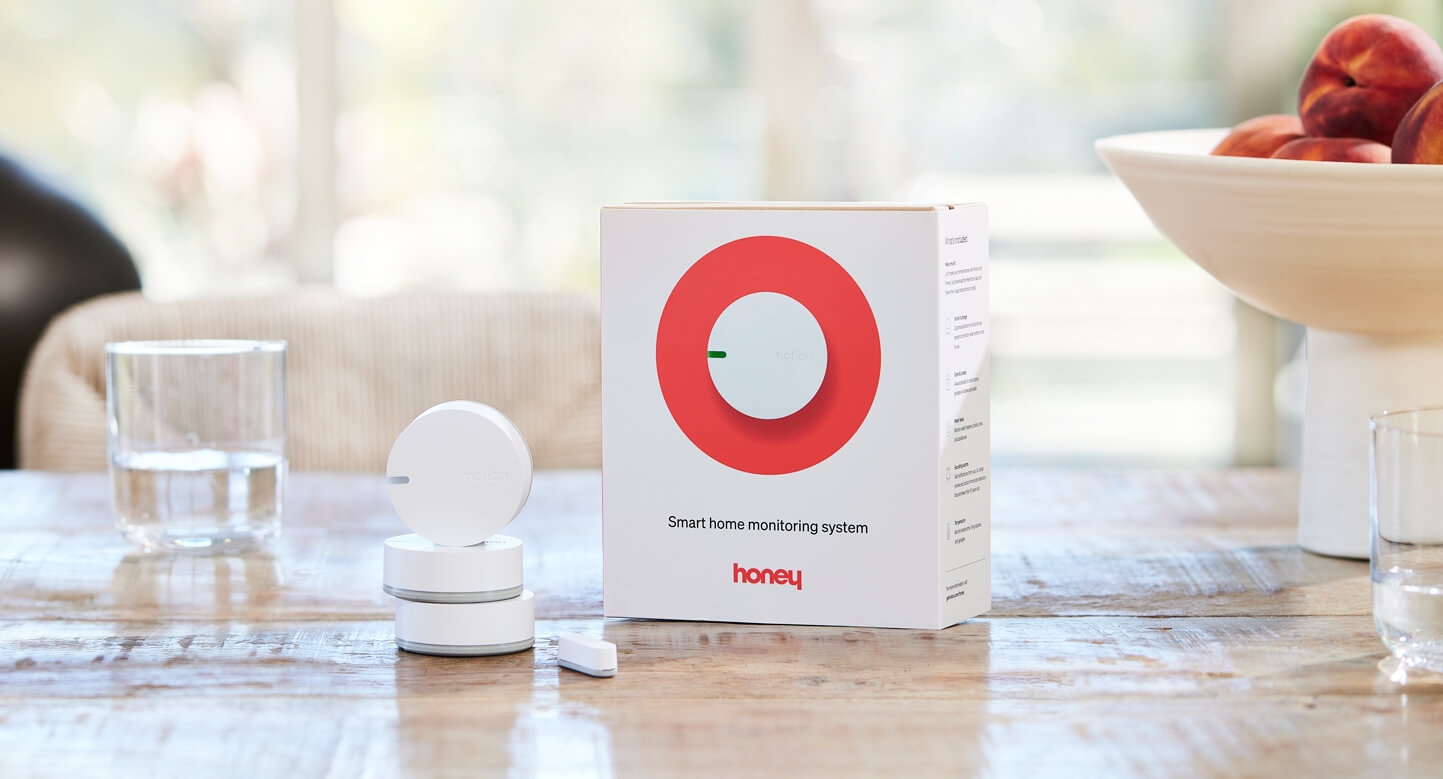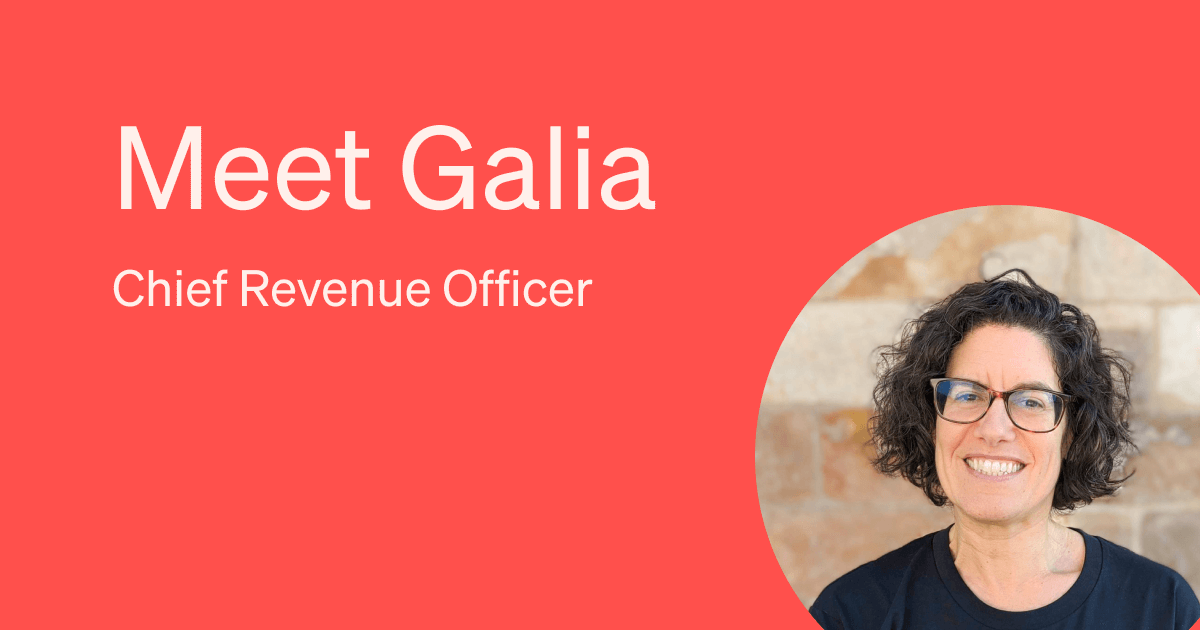Home insurance claims costing Australians almost $5 billion a year
New research conducted by Honey Insurance reveals the value of home insurance claims made by Australians last year totalled $4.9 billion, with these claims leaving individuals around $1,000 out-of-pocket on average each year in excess payments

Amber Morris
Honey is Australia’s latest insurtech on a mission to disrupt the AU$10 billion insurance industry, currently dominated by a small number of traditional players. Introducing smart sensor technology and proactive solutions in response to the rising cost of insurance premiums.
Key findings from research conducted by YouGov in April 2022 revealed:
- 3.3 million Australians with home insurance (30%) have made at least one claim within the past 12 months
- A third (34%) feel regretful that they didn’t take necessary action to avoid the claim
- More than half of Australians with home insurance (52%) believe their current home and contents insurer does nothing to proactively keep their homes safe, despite sinking an average of $1,386 of their hard-earned cash into them every year.
- A further three in four (76%) would like insurance companies to be smarter and help them proactively keep their homes safe, to help lower the cost of claims.
- 85% look for easy to understand policies
- Three quarters of Australians with home insurance don’t schedule in home maintenance checks, with half a million Aussies admitting to avoiding any maintenance or repairs until there’s an urgent need.
- Nearly 50% of home claims are avoidable and utilising in-home sensor technology would significantly reduce home claims incidents.
- The top three home insurance claims are due to water leakage (27%), fire (23%) and storm (22%); just some of the mishaps smart technology can prevent by alerting potential issues before the damage is done.
- One of the biggest risks homeowners can face is underinsurance. Regulator ASIC found up to 80% of Australian households could be underinsured
- Only 39% of Australians with home insurance have any kind of smart technology (external camera, video doorbells) to assist with security or prevention of claims
Founded by entrepreneur Richard Joffe, the co-founder and CEO of US-based Park Assist and Stella.ai, Honey launched in 2021 with $15.5 million in financial backing from its underwriting partner RACQ and other institutional investors. Surprised by Australia’s “nascent” insurtech industry, Joffe believes Australians “deserve a sweeter deal,” which is why he has named the insurtech Honey Insurance.
Richard Joffe, founder and CEO of Honey Insurance further explains, “Honey invests in our customers upfront to protect them with technology, which we feel is just as important as helping with a claim. We want to show Australians how smart technology can reduce risk in their lives, and also blow them away with ease of use. Honey is making home insurance as easy as ordering an Uber or finding a show on Netflix".
To bring to life its mission of turning the insurance industry on its head, Honey has created ‘Honey House’, a 60 square metre, 8.5 tonne upside down home with seven conceptual interactive rooms designed to give Australians a glimpse into the future of insurtech.
The activation creatively demonstrates the brand’s disruptive approach, offering an immersive and exciting space whilst also drawing attention to areas of the home that are most at risk of claim. The interior features suspended furniture, daring decor, mirrored optical illusions and modified household items for consumers to engage with.
Emma Deleany, Honey House interior designer explains, “the design process for Honey House came from looking at the brand ethos and building an interior space that would reflect this in a futuristic and conceptual way whilst remaining fun, youthful, and stylish. Having most of the furniture suspended on the roof allows for the user to see more clearly into the obscure places you might need to have sensors and further highlights the need for proactive insurance not reactive insurance.”

Amber Morris





